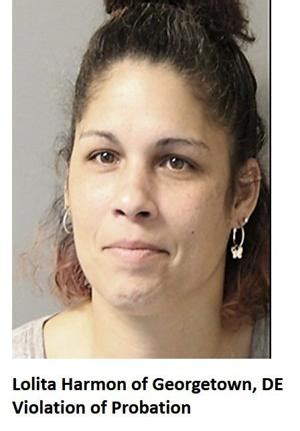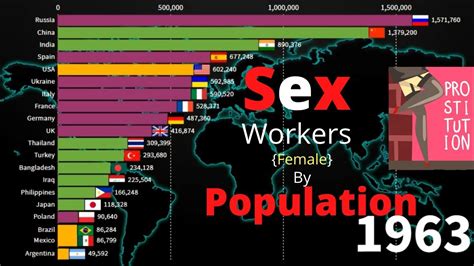Prostitutes Wilmington

Prostitution in Wilmington

Wilmington, like many cities, has a complex situation regarding prostitution. It’s important to approach this topic with care and understanding. Prostitution is illegal in Wilmington, as it is in most parts of the United States. This means that both selling and buying sexual services is against the law. Despite this, the city has seen numerous reports and discussions about prostitution activity.
Prostitution Hotspots and Demographics

One of the most mentioned areas for such activities is Market Street, particularly near 17th Street. This area is frequently cited as a hotspot for prostitution. Additionally, there have been reports of prostitution taking place in other parts of the city, with individuals moving locations seasonally in search of better opportunities. The demographics of those involved in prostitution vary widely, with ages ranging from 21 to 60 years old. Most are in their 30s, according to some reports.
The Role of Online Platforms

The shutdown of Backpage, a classified site often used for such activities, led to a shift toward alternative platforms like Starbackpage and 2backpage. These sites have become popular for advertising escort services, though their legitimacy and safety are often questioned.
Law Enforcement Efforts

Law enforcement in Wilmington has been active in addressing prostitution. There have been several sting operations, arrests, and investigations targeting both individuals involved in prostitution and those who facilitate it. For example, in one notable case, six women and one man were arrested following a drug and organized crime investigation.
Ongoing Challenges

Despite these efforts, prostitution remains a persistent issue in Wilmington. It’s often linked to broader social challenges, including poverty, lack of opportunities, and human trafficking. The city continues to grapple with these issues, as do many others across the country.
*TAGS* – Prostitution Wilmington, Wilmington prostitution, prostitution laws, human trafficking, poverty, law enforcement